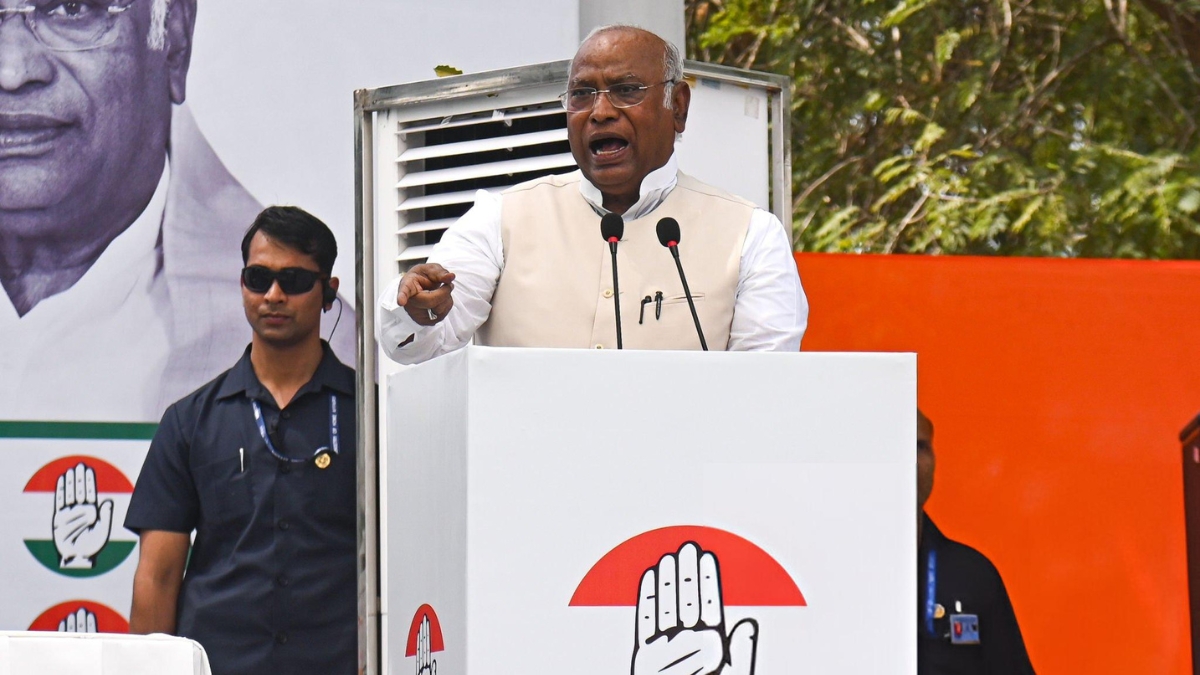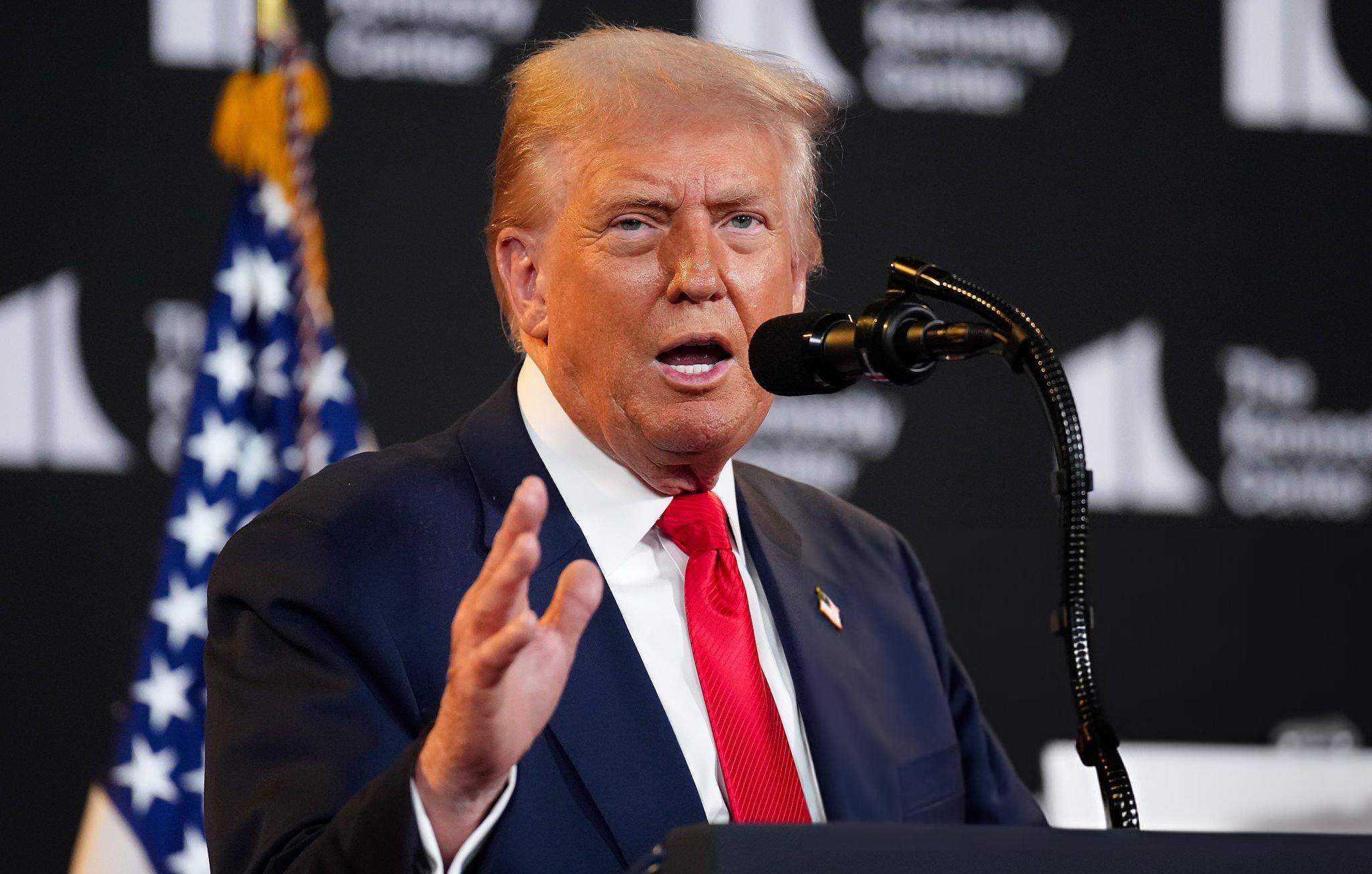Congress president Mallikarjun Kharge has sharpened his offensive against Prime Minister Narendra Modi, blending economic criticism with attacks on leadership style and questions over electoral fairness. His latest remarks highlight an approach that seeks to challenge both government performance and the credibility of its institutional conduct.
Economic barbs and the “real data” challenge
Kharge directly countered the government’s recent economic claims, urging the BJP to “pick real data” rather than rely on headlines. He pointed to unemployment, shrinking wages, falling household savings, and rising liabilities as evidence that the government’s celebration of reforms is detached from everyday struggles of ordinary citizens.
His comments coincided with Modi inaugurating major projects, including the Aunta–Simaria bridge over the Ganga, a new Amrit Bharat Express between Gaya and Delhi, a Buddhist Circuit train connecting Vaishali and Koderma, and three new Kolkata Metro stretches.
Modi described these projects as milestones towards India’s rise as the world’s third largest economy, but Kharge argued that they cannot hide the erosion of financial security faced by households.
This fresh attack ties into a broader pattern of opposition critique over the past decade. Senior Congress leaders have consistently argued that job creation has not matched the government’s promises, economic growth has underperformed expectations, savings are at record lows, and inequality has widened.
Kharge’s latest “you messed up” remark reflects that line of data driven challenges to government narratives, seeking to hold it accountable on employment and income indicators.
“Talks more, works less”: Manmohan Singh comparison
At an event for the Dr Manmohan Singh Fellows Programme under the All India Professionals Congress, Kharge drew a pointed comparison between Modi and former Prime Minister Manmohan Singh. He praised Singh as a leader who “talked less and worked more,” participated fully in Parliament, and responded to opposition concerns. contrast, Kharge alleged that Modi “talks more and works less” while treating parliamentary questioning with disregard.
The fellowship event, which inducted a new cohort of professionals after a rigorous selection process, became a platform for Kharge to argue for a leadership style rooted in dialogue, institutional respect, and accountability. He stressed that Singh’s era reflected steady governance, whereas today’s government prefers speeches and ceremonies over difficult problem solving. The contrast also carried a political edge, positioning Congress as the party of deliberative governance while portraying the ruling side as evasive when faced with scrutiny.
Also Read: Zelenskyy is now twice as popular as Donald Trump in the US
“Vote chori” allegations and criticism of the Election Commission
Alongside economic and leadership critiques, Kharge’s message is being reinforced by a larger opposition campaign questioning electoral integrity. Reports highlighted Congress’s persistent claim of “vote chori,” with Rahul Gandhi leading the charge through his “Voter Adhikaar Yatra.”
Gandhi accused the Election Commission of manipulation, including through affidavit demands, and claimed the BJP is attempting to “steal people’s votes” to serve industrial interests. At a Bihar rally, he described this as a direct challenge to the Constitution and democratic values.
Kharge’s arguments fit within this broader push, blending questions of governance with concerns about fair elections. combining data driven attacks on economic distress, sharp comparisons on leadership style, and alignment with opposition protests on voting rights, Congress is trying to paint a picture of both policy failure and institutional imbalance under Modi’s leadership.



